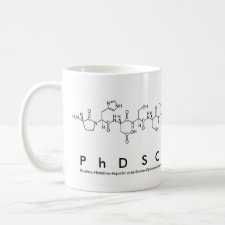
Authors: Silva CF, Nascimento CS
Article Title: Molecularly imprinted polymer for thiacloprid: a theoretical investigation [POLÍMERO DE IMPRESSÃO MOLECULAR PARA O TIACLOPRIDO: UMA INVESTIGAÇÃO TEÓRICA].
Publication date: 2021
Journal: Quimica Nova
Volume: 43
Issue: (10)
Page numbers: 1439-1446.
DOI: 10.21577/0100-4042.20170618
Alternative URL: https://www.scielo.br/j/qn/a/9J9zBYzRGYpL4jcSrNTYkdP/?lang=pt#
Abstract: Thiacloprid (TCP) is a synthetic insecticide, belonging to the class of neonicotinoids (NNCs), which present potential damages to the environment, biodiversity and human health, being necessary its constant monitoring. In this sense, molecularly imprinted polymers (MIPs) have been shown as an excellent alternative for the separation science, since they can recognize molecularly and selectively the analyte in various types of complex sample, such as food, soil, etc., thus contributing to its efficient extraction. In the present work, we have investigated, through DFT calculations, the mechanism of formation of a MIP for the TCP. As main result we obtained the following theoretical protocol for the MIP synthesis: 2-(trifluoromethyl) aryl acid (TFMAA) as FM (functional monomers), in 1:3 stoichiometry, and toluene as the solvent. This theoretical protocol showed the most favorable stabilization energies for the pre-polymerization complexes formed. In addition, it has been shown that the establishment of hydrogen bonds between the TCP and FM play a fundamental role in the stability of the complexes formed. We consider this work quite relevant since it can be used by experimentalists in order to reach an efficient MIP synthesis for TCP.
Template and target information: thiacloprid, TCP
Author keywords: Thiacloprid, molecularly imprinted polymer (MIP), Theoretical calculations, DFT



Join the Society for Molecular Imprinting

New items RSS feed
Sign-up for e-mail updates:
Choose between receiving an occasional newsletter or more frequent e-mail alerts.
Click here to go to the sign-up page.
Is your name elemental or peptidic? Enter your name and find out by clicking either of the buttons below!
Other products you may like:
 MIPdatabase
MIPdatabase









